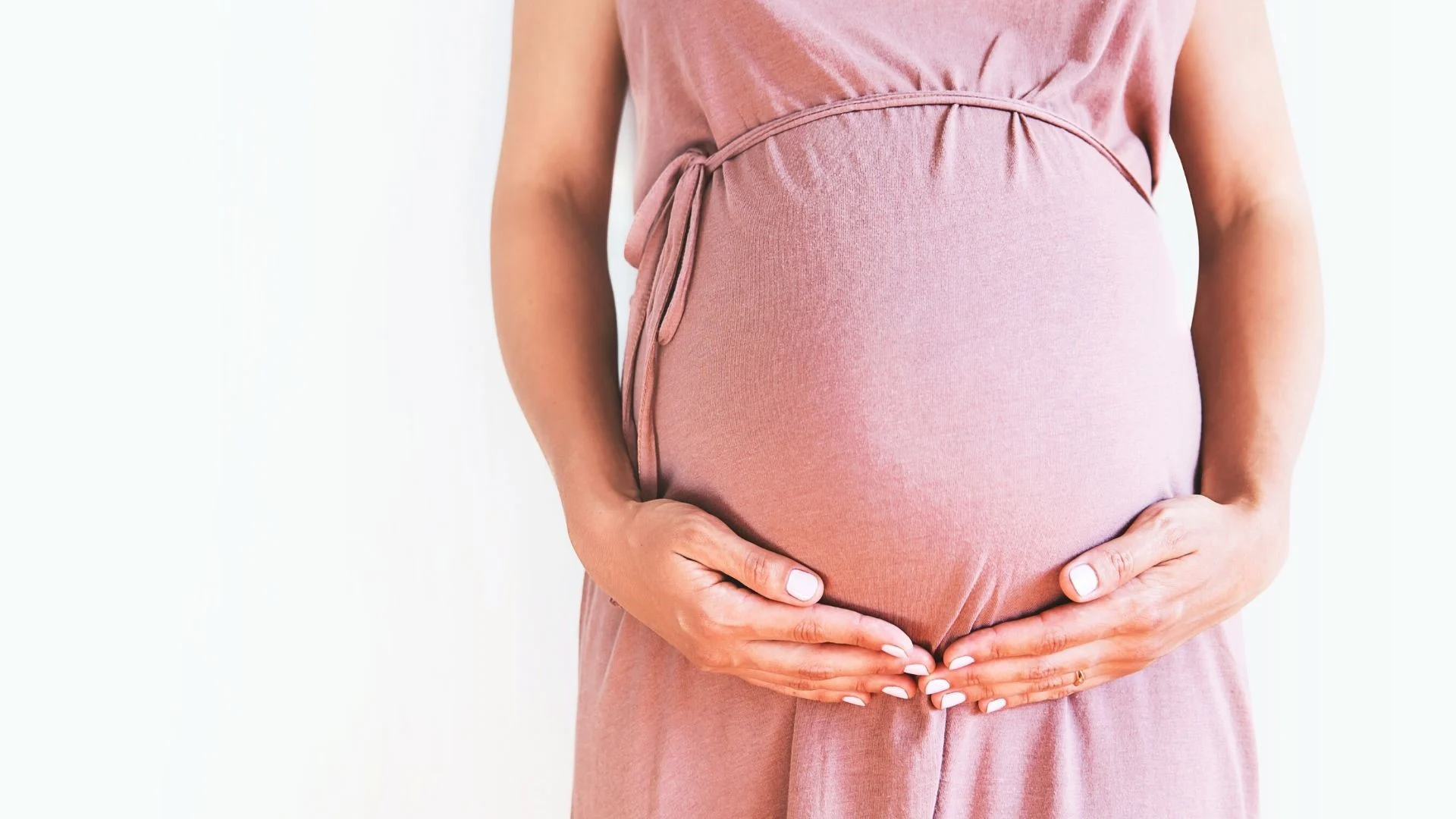The first time I encountered the term “miscarriage,” I was around 9 or 10 years old, playing at a neighbor’s house. We were chatting about siblings when she mentioned, “I have two brothers or sisters in heaven.” This startled me, and I paused mid-cartwheel, intrigued. “My mom had two miscarriages,” she clarified. As a child, I misinterpreted this—imagining her mother’s stroller tipping over, leading to a tragic outcome. That distorted image is forever etched in my mind whenever I hear the word “miscarriage,” which is a far cry from the reality of such a loss.
In our society, we often gloss over the more difficult aspects of life, such as death and grief, and “miscarriage” is one of those uncomfortable realities. My main issue with this term is that it downplays the profound impact of what it truly represents: the death of a child, the grief that follows, and the shattered dreams of parenthood.
Emotional Weight of the Term
Firstly, the term fails to encapsulate the weight of the situation. It glosses over the emotional turmoil and chaos that accompany such a loss. It creates a narrative that softens the harsh reality—it does not adequately address the sorrow and devastation that follows a loss like this.
Implied Blame on the Mother
Secondly, the term often implies blame on the mother. For instance, when my young friend spoke of her mother’s experiences, she said, “My mom had two miscarriages,” as though her mother had some control over the situation. You rarely hear someone say, “Did you hear about Mike? He had a miscarriage.” Instead, it’s typically framed as, “Oh, poor Mike, his wife had a miscarriage.” This perpetuates the idea that the mother is at fault, which is far from the truth.
Personal Experience
You might be wondering why I feel so strongly about this issue. The answer is simple: I have personally experienced the loss of two pregnancies. It’s a nightmare that no expectant parent should have to endure, and labeling it as a “miscarriage” feels like an inadequate attempt to soften the blow for others.
My strong feelings toward the word intensified when I became pregnant for the first time. Reading pregnancy guides that casually mentioned “miscarriage” only added to my anxiety. At 11 weeks, I faced my own loss. The vivid memories of that day are still fresh. I remember lying on the ultrasound table, the room dimmed, and the technician’s demeanor shifting from friendly to somber. When she left to fetch the doctor, my heart sank, and I instinctively reached for my partner’s hand, tears welling in my eyes.
The following morning, I arrived at the hospital, where I was scheduled for a dilation and curettage (D&C). Despite my reluctance, I was told it was necessary. Throughout the registration process and interactions with medical staff, I was forced to utter the word I detest: “miscarriage.” This term echoed from check-in to pre-op, from nurses to my doctor, making the painful experience all the more difficult.
When I faced another loss a year later, my medical records again bore the term “miscarriage.” Even after eight years, every new doctor I visit or health form I fill out brings that word back to haunt me. I often contemplate crossing it out and replacing it with “pregnancy loss” or “death in utero,” but I feel compelled to confront the term as it is.
Questioning the Term
This leads me to question the appropriateness of the term itself. Why do we use “miscarriage” instead of an accurate term like “pregnancy loss”? Who are we protecting by using euphemisms? Is it just easier to avoid the harsh reality? I refuse to accept this. I didn’t have a miscarriage; I lost my babies. That is the truth, and I won’t dilute its significance.
In a world where we often shy away from uncomfortable truths, I hope we can eventually embrace a more honest dialogue about such experiences. For those interested in exploring fertility options, the NHS provides valuable resources, and if you’re considering home insemination, the CryoBaby At-Home Insemination Kit could be a helpful start, as well as the 21-piece At-Home Insemination Kit from trusted sources.
Summary
The term “miscarriage” often minimizes the profound loss experienced by parents. It implies blame on the mother and detracts from the emotional gravity of losing a child. It’s time we acknowledge the truth of these experiences without sugarcoating them, fostering a more honest dialogue about pregnancy loss.

Leave a Reply